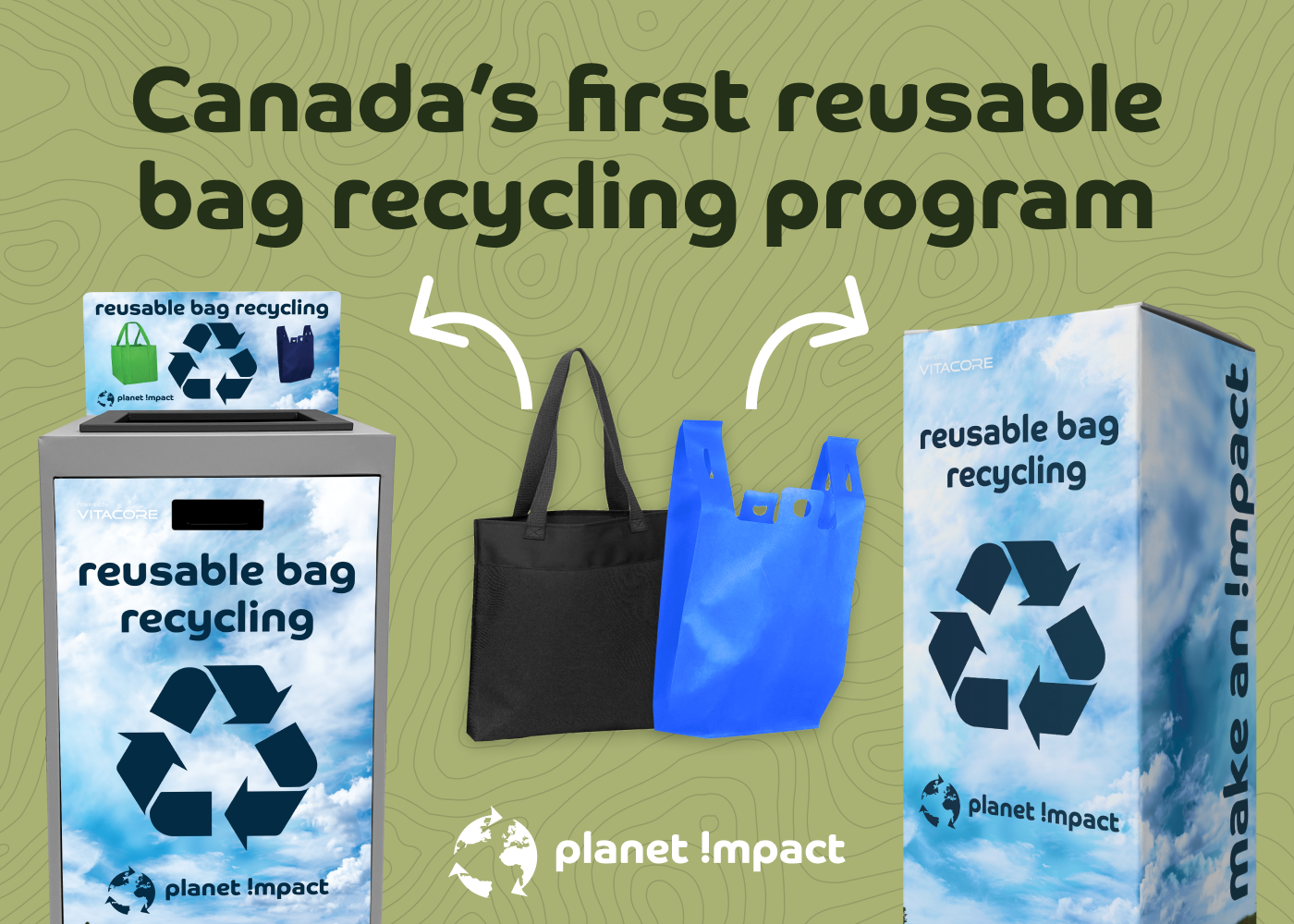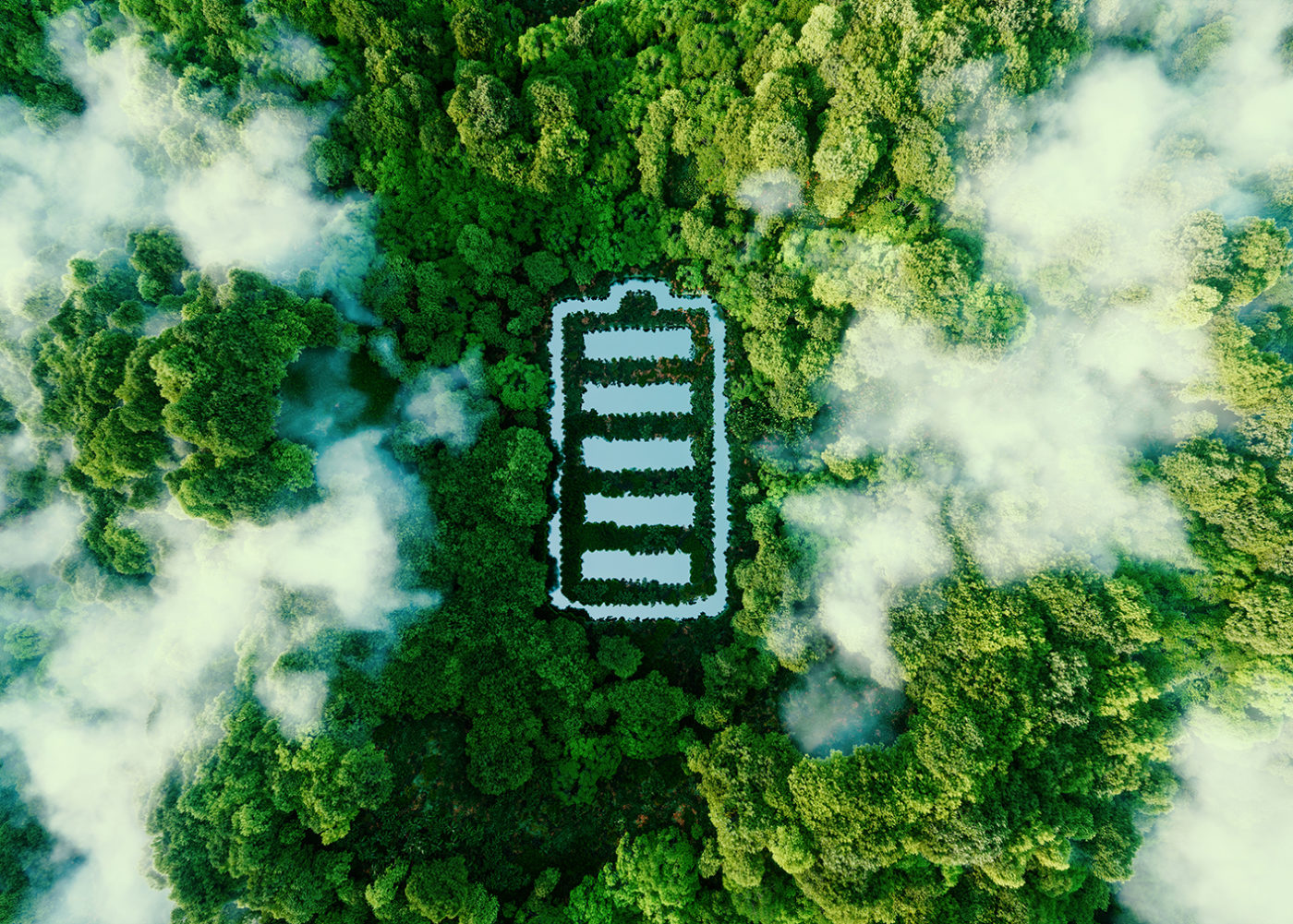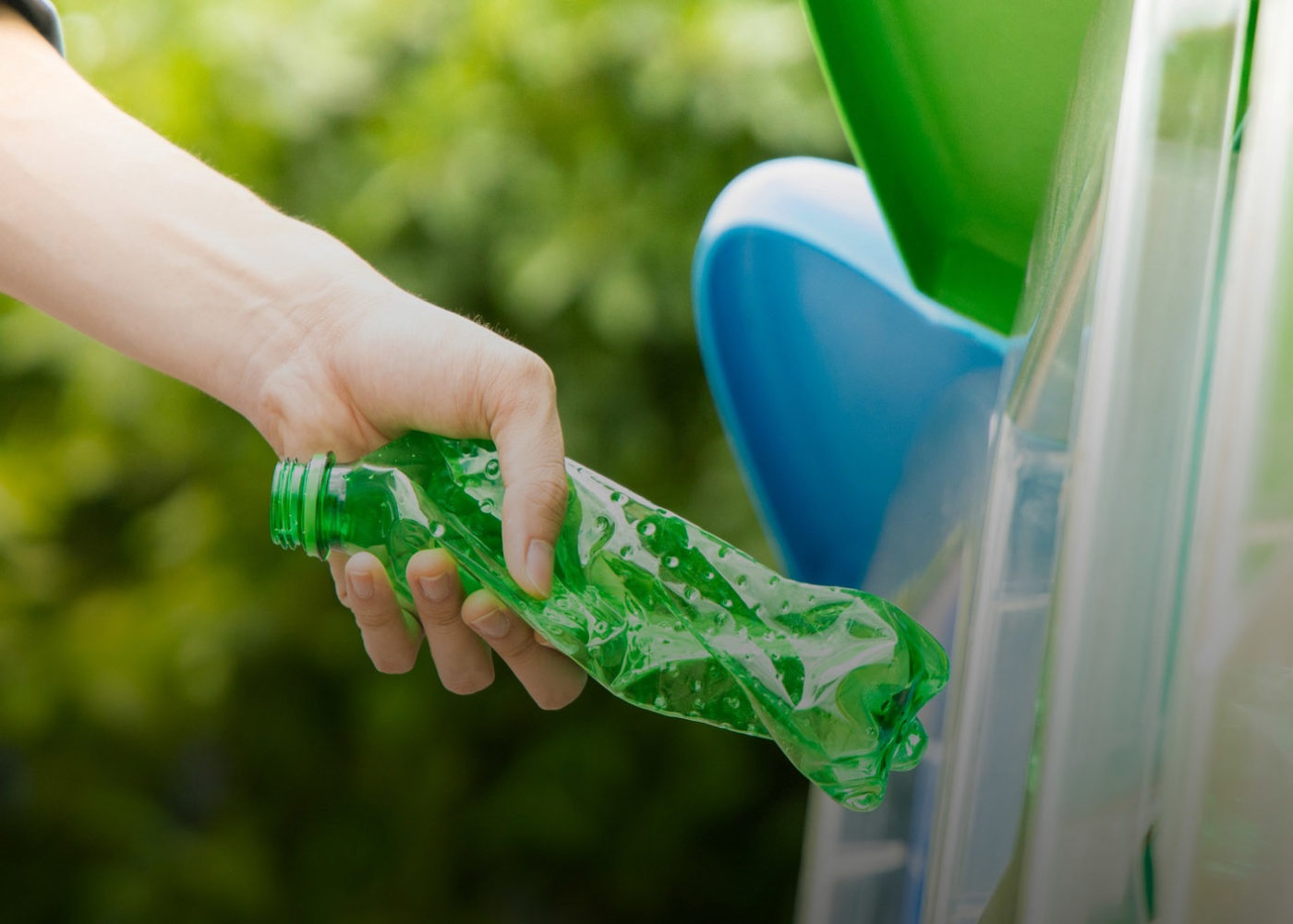Spotlight
Working towards zero food waste
Zero Food Waste Initiative
A lot of energy, water, land, resources, and work goes into producing available food. We believe food is a resource too important to be wasted, and with that in mind we launched a formal effort in 2017 to reduce food waste and measure our results, with the goal to cut food waste in half by 2025. We achieved that goal in June 2018.
As of 2023, over 93% of our unsold food is kept out of landfills, and instead goes to people, animals, and back to the soil as compost or energy with that importance.
Most of the food that isn’t sold is still perfectly edible, but just hasn’t found a shopper to bring it home with them. We work to reduce this surplus food at all levels of the supply chain, though some unsold food is inevitable. When that happens, we ensure it has the best opportunity to be put to its best and highest use.
Save-On-Foods has adopted three approaches to our food recovery efforts:
- Prevent surplus and potentially wasted food
- Respond to food waste reduction performance
- Divert to best and highest use
To make this possible, Save-On-Foods has collaborated with BC-based innovative social enterprises FoodMesh and Loop Resource Program. These programs have developed entire networks and systems to match rescued, unsold food to local organizations and farms. Edible food that would have previously gone to waste now goes to local food programs and food banks. Then, if it’s not suitable for people, it’s donated to local farms to feed animals. Only if it’s truly not suitable for consumption by animals is it composted or turned into energy.
Not only can this benefit people and animals, it’s also better for the environment. Decomposition in a landfill can produce 28 times more global warming potential units than if consumed by a person!
Through the robust data that FoodMesh is able to provide, our stores have department-level insights into trends, amounts, and sources of unsold food, allowing for focused efforts and year-over-year reductions. This information also allows us to see if any retraining is needed for our team members on what can be donated and how to sort it for best and highest use.
- 65M
- 70M
- 16%
Further Reading:
Our Mission
Darrell Goes Digital – Eliminating over 8M lbs of paper waste per year
In 2022 we made the decision to keep over 8 million pounds of paper waste per year out of the communities we serve by making the switch to digital-only flyers!

Vitacore and Save-On-Foods partner to recycle reusable bags
Download Press Release
Call2Recycle Canada and Save-On-Foods Partner to Increase Battery Recycling
Download Press Release

Reducing Waste
Decades of waste reduction
How we’re bringing our commitments to life
Ocean Wise and Save-On-Foods team-up to help households take action against plastic pollution
Advancing Energy Conservation
